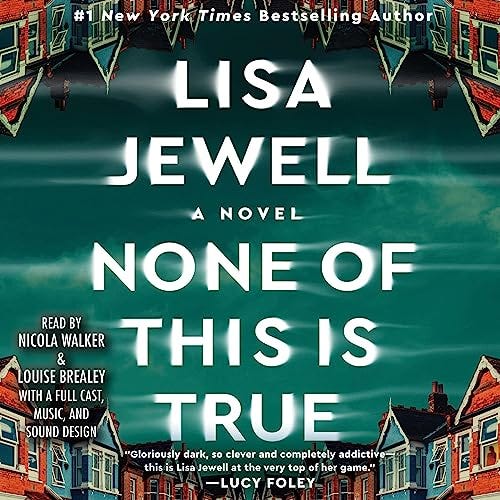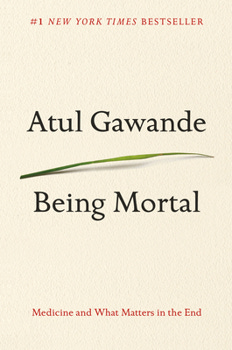Stephen King sits down for several hours to write six pages a day.
Ernest Hemingway wrote standing up.
Anne Lamott advises, “Butt in chair. Start each day anywhere. Let yourself do it badly.”
Kent Haruf wrote “blind,” pulling a wool cap over his eyes as he typed his stories on an old typewriter to keep himself from editing too soon.
I tend to write in small bursts because it’s often what my schedule allows. I patchwork my first drafts together—jotting here and there in my notebook, speaking into my Notes app as I drive, emailing myself notes as I walk the dog, composing in my head as I shower, dress, and blow dry my hair.
Somedays, it’s less like sitting my butt in a seat and waiting for the words and more like searching for scraps. More like quilting.
There are a multitude of books about how to write. And many of them I find helpful. (Bird by Bird by Anne Lamott, Still Writing by Dani Shapiro, and Writing Down the Bones by Natalie Goldberg are well-worn and have been particularly helpful to me.)
And yet, I’m aware there is not a simple formula, there’s not one path for writers. It’s often whatever is needed to trick ourselves into sticking with it long enough to get the job done.
My son recently asked me what my dream job would be. The obvious answer was that I’d be a full-time writer, but then I instantly doubted myself. I once took a personal day off work, intending to write all day, and I was a little miserable. As someone who writes in bursts, it was more than a little difficult to force myself into a chair to pump out pages for a full day.
For me, the writing is what creeps up, what overflows and fills the margins of my life. It’s the tool that helps me make sense of the rest of my life—what’s happening when my fingers aren’t on a keyboard.
Growing up, I watched my dad race home from his 40-hour-a-week job to care for his apple orchard. And I wonder, did he love the orchard more because it was his reward after putting in the necessary hours? He went to his day job to earn a living but grew apples to make a life.
So how to write? I have no idea. It’s one word after another, in whatever way works for you.
Enemies in the Orchard in the Classroom
I was delighted to receive a letter from a 5th grade in Arizona in my mailbox this weekend. As a middle school teacher, I used to give an assignment to write a letter to a favorite author, so it meant a little extra to open that envelope. It’s a joy to know my book is reaching classrooms!
And thanks to Middle School Book Life for this great review, which includes a guide for using Enemies in the Orchard inside the classroom!
What I’ve been writing:
“Not every silence needs to be filled, not every heartache needs to be mended, and not every venting session needs a solution.”
In Holding Space: The Power of Paradox, a Reformed Journal blog, I share a bit more about why I wrote Enemies in Orchard in verse.
“Often saying less takes as much energy as saying more. Leaving room for white space isn’t a lack of intention, but more of it. It’s about trust—not in ourselves, but in the spirit’s ability to do more than we can ask or imagine or muster.”
What I’ve been reading:
Doug Brouwer is a fellow Reformed Journal author, and I’ve been enjoying his memoir Chasing the Wind: A Pastor’s Life. Here’s the latest passage I underlined:
How is it that I have given forty years of my life to this work and now, at long last, see things for what they are? Disillusionment is a gift, maybe, but it is a painful gift. I suppose it is God who shatters and dismantles our illusions. I suppose it is God who lays waste to our foolishness, our careerism, and our self-importance. I suppose it is God who allows us to be humbled, so that we can see at last what is real and what is of lasting importance.'
I found None of This Is True by Lisa Jewell on a list of best audiobooks, and it did not disappoint! I’m not an avid reader of psychological thrillers, but after some heavier books, I needed a page-turner. This audiobook features a full cast of characters — and is like listening to a true crime podcast mixed with a radio show. I couldn’t listen fast enough!
After a conversation about aging parents, a friend recommended Being Mortal: Medicine and What Matters in the End. It’s an eye-opening and important read by Atul Gawande, a surgeon who reckons with age-related frailty, serious illness, and approaching death.
I hope that wherever this holiday season finds you, small miracles, grace, and space may find you, too.
Dana











You ‘n I, Dana. Bursts. Bursts for this guy have a range of ten minutes to two hours.
I love that you mentioned "tricking ourselves into writing". That resonates!
The past few years when I've been asked to lead a workshop on writing, I feel completely unqualified. I have NO IDEA what I'm doing! And, even if I do have some tips that work for me, they might not work for others. Heck, what has worked for me before might no longer do the trick anymore! Ugh. It's such a strange job.